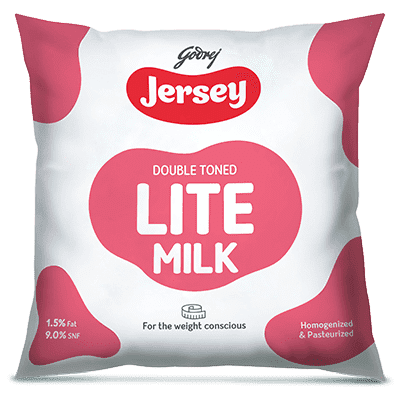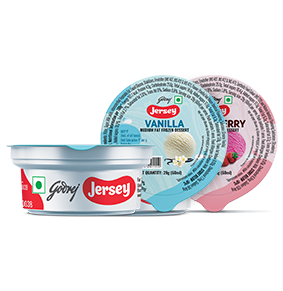Vitamin A is a fat soluble vitamin that is also a powerful antioxidant.
Vitamin A is found in two primary forms: active Vitamin A and beta carotene. Active Vitamin A comes from animal-derived foods like milk and is called retinol. This 'pre-formed' Vitamin A can be used directly by the body; it does not need to first convert the vitamin.
Some of the major deficiency symptoms of Vitamin A include keratinization of the skin, night blindness, a burning sensation or itching in the eyes, inflammation of the eyelids, xerophthalmia (dryness of the conjunctiva), dull lusterless hair dandruff, brittle nails that break easily, sexual disorders, and precancerous changes in the body tissues. A deficiency of this vitamin may also result in fatigue, insomnia and depression.
Vitamin A enhances the body’s immunity against infections by increasing the lymphocytic responses against disease causing antigens.Vitamin A can aid in improving vision. It enables your eyes to adjust to light changes, keeps the eyes moist, and also improves night vision. It can prevent many conditions like dry eyes as well.Vitamin A helps to keep your body free from free radicals and toxins, which might cause damage to your skin.
Vitamin A helps in the formation of dentin, a layer of hard material just below the surface of the teeth, thereby enhancing its strength. Vitamin A plays an essential role in ensuring proper muscle growth in children and growing teens, thereby preventing the chances of developing muscular dystrophy. Vitamin A helps to cut down excess sebum production, thereby reducing the risk of acne. Vitamin A is famous for its wrinkle-eliminating properties, which can reduce age spots and fine lines. This vitamin is widely known for aiding the health and functionality of the reproductive system.
Vitamin A is important for the baby's embryonic growth, including the development of the heart, lungs, kidneys, eyes, and bones as well as the circulatory, respiratory, and central nervous systems. Vitamin A is particularly essential for women who are about to give birth because it helps with postpartum tissue repair.
Approximately one third of the world’s preschool-age population is estimated to be Vitamin A deficient; with highest prevalence (44-50%) being reported in regions of Africa and South-East Asia Vitamin A deficiency (VAD) continues to be a major public health nutritional problem in India, even though the National Vitamin A Prophylaxis Programme has been in operation for more than three decades.
Recommended Dietary Allowance for Vitamin A for adults is as follows: 900 micrograms daily (3,000 IU) for men and 700 micrograms daily (2,300 IU) for women; for pregnant women 19 years old and older, 770 micrograms daily (2,600 IU); and for lactating women 19 years old and older, 1,300 micrograms daily (4,300 IU).
A cup (200ml) of whole milk supplies 112 micrograms of Vitamin A. That's 16% of the 700 micrograms recommended as a daily intake for women and 12% of the 900 micrograms men should have each day.




























